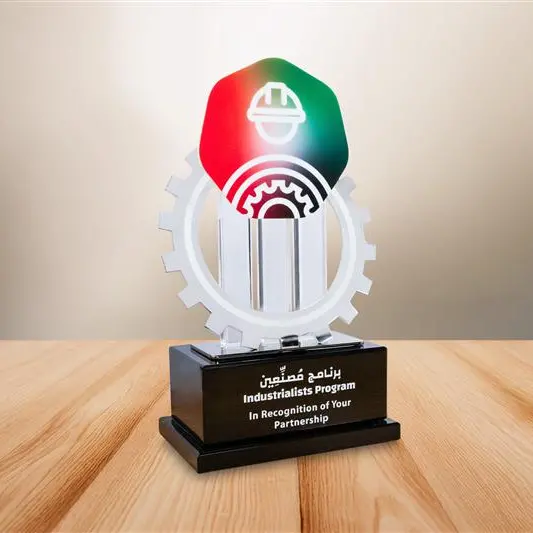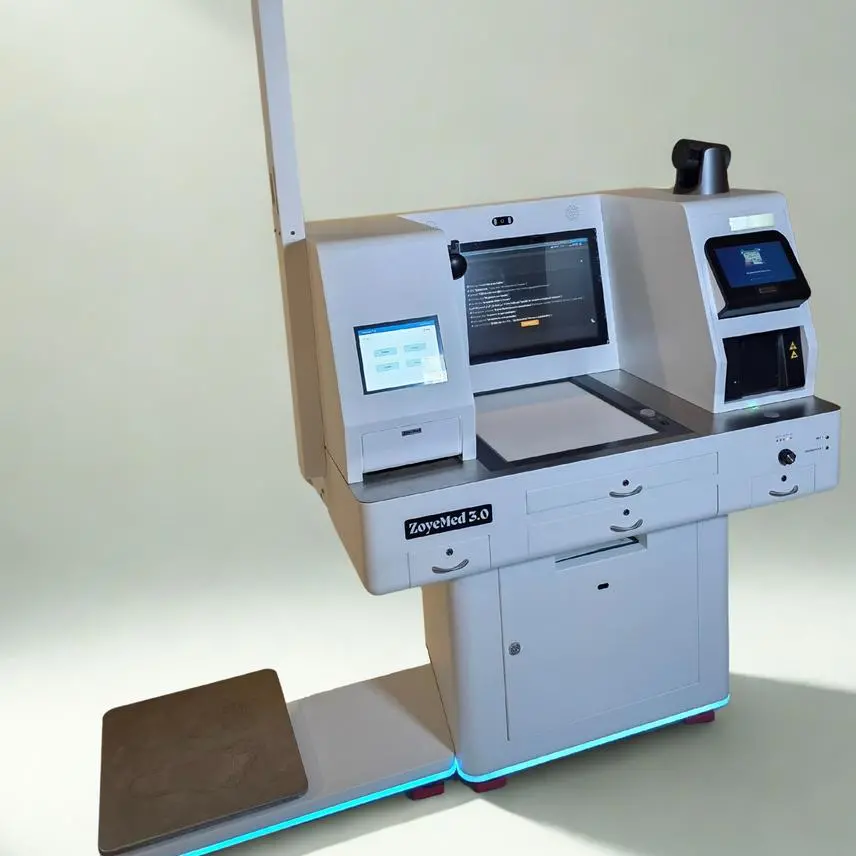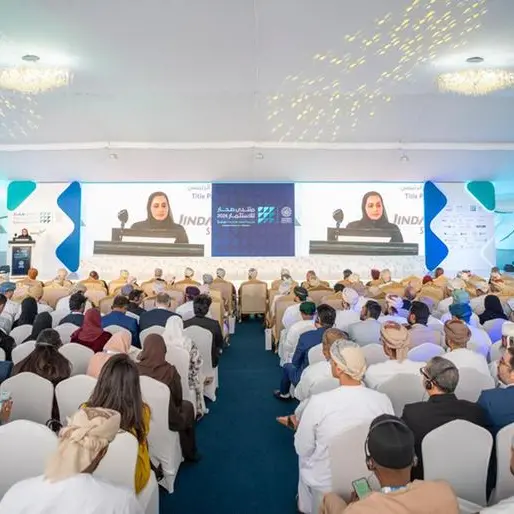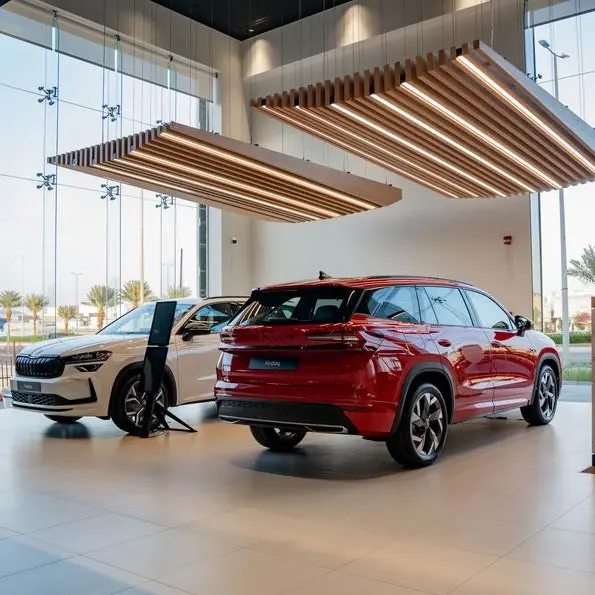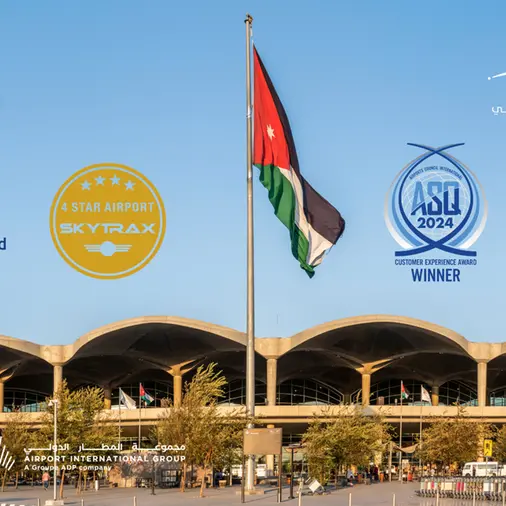The UAE and Saudi Arabia are home to the highest proportion of millennial entrepreneurs globally, outpacing Mainland China and Hong Kong.
The average age when Middle Eastern entrepreneurs set up their first business is 26.
Entrepreneurs in Asia and the Middle East typically run businesses that are twice the size in revenue terms and employee twice as many people verses the US and Europe.
In the Middle East, 46% decided to become entrepreneurs at school or college, the highest percentage of any country or region globally.
A major new international report1 from HSBC Private Bank reveals that the Middle East is home to the highest proportion of millennial entrepreneurs globally.
The research among more than 2,800 active business owners, worth between USD250,000 and USD20m, finds that the Middle East also has the youngest average age of entrepreneurship at just 26 years old.
On average, an entrepreneur in the Middle East, Mainland China, Hong Kong and Singapore employs 100 staff and generates revenues of more than USD10 million. These figures are approximately double the equivalent results for enterprises in the United States, the United Kingdom, France and Germany.
The journey to entrepreneurship begins for 46% in the Middle East at school or college, which ranks the highest of any country or region. For 25%, their journey begins while in a professional career. As a region, the desire to set up in business is strong, but many entrepreneurs seek some professional experience before going it alone.
Entrepreneurs in the Middle East, Mainland China, Hong Kong and Singapore define value creation not so much by personal fortune but by the size of the businesses that individuals have managed to create. By contrast, in the United States, the United Kingdom, Germany and France, personal wealth is a more important marker of entrepreneurial success.
There is a growing philanthropic impulse in the under-35s globally. In the Middle East, the younger generation of business leaders are more likely to structure their giving than their older counterparts through a foundation or an estate plan.
They are also volunteering their expertise to social causes more than the older generation, whose philanthropy was defined more by regular gifts to good causes. These subtle shifts between generations and cultures are a reminder that value creation from entrepreneurial activity is interwoven into the economic and cultural fabric of society.
Commenting on the launch of the report, Sobhi Tabbara, Global Market Head of Private Banking, Middle East said: "Young people are one of the Middle East's biggest assets. Their entrepreneurial drive is reshaping and redefining the future of the Middle East's economies. Their creative forward thinking is supported by governments intent on making it easy for small and medium business start-ups. This is a recipe for success. It's therefore no surprise the Middle East is home to the highest proportion of millennial entrepreneurs globally, with the average age for starting their business just 26 - the youngest in the world. Now is a great time to be a millennial entrepreneur in the Middle East."
Building on a heritage of business ownership
Across the Middle East, Mainland China, Hong Kong and Singapore, 56% of entrepreneurs come from a business-owning background and these entrepreneurs are far more likely to join the family enterprise.
In the Middle East, around 63% of entrepreneurs come from a business-owning family yet only 23% of millennial entrepreneurs state they are shareholders or executives in the family business.
Instead, millennial entrepreneurs seek to prove their own business ideas and grow market share. With that said, millennial entrepreneurs still hold true to the tradition of a 'family business' as more are likely to prioritise bringing family into their business, than leaving their business to be with family.
Commenting on family run businesses, Ahmed Abdelaal, Regional Head of Corporate Banking and Structured Finance, HSBC Middle East and North Africa said: "Amongst businesses in the Middle East, we see a real hybrid of young entrepreneurs involved either in the family business or breaking out to prove their own business concepts. As businesses are handed over or created through the generations, younger entrepreneurs feel empowered to take a more collaborative approach.
"This is a natural course of progression, as the business and financial landscape evolves, more options are available to them. They learn to adapt and innovate quickly and become more conscious of the tougher economic environment around them. As a result, when their growth strategies become more aggressive and require funding of a more complex nature, entrepreneurs cast their net wider than friends, family and acquaintances for investment and actively reach out to banks for financial advice and support."
Media enquiries to: Ahmad Othman, HSBC Bank Middle East Limited, Phone: +97150 3069313, Email: ahmadothman@hsbc.com
About the research
1. The research was conducted online between August and September 2015 by an independent market research agency. There were a total of 2,834 respondents. Throughout the press release, 'entrepreneurs refers' to people who have a) actively own or have derived their wealth principally from a business; and b) have a personal wealth of more than USD250,000. 'Millennials' refers to people under the age of 35 at the time of the survey. 'Successful' entrepreneurs have been defined as those with a business turnover of over USD6.5 million. The research covered Mainland China, Hong Kong, Singapore, UK, Germany, France, US and the United Arab Emirates and Saudi Arabia.
2. The reference "Successful young entrepreneurs" has been defined as those under the age of 35 who have a business turnover of over USD11.5m in the Essence of Enterprise report.
© Press Release 2016

